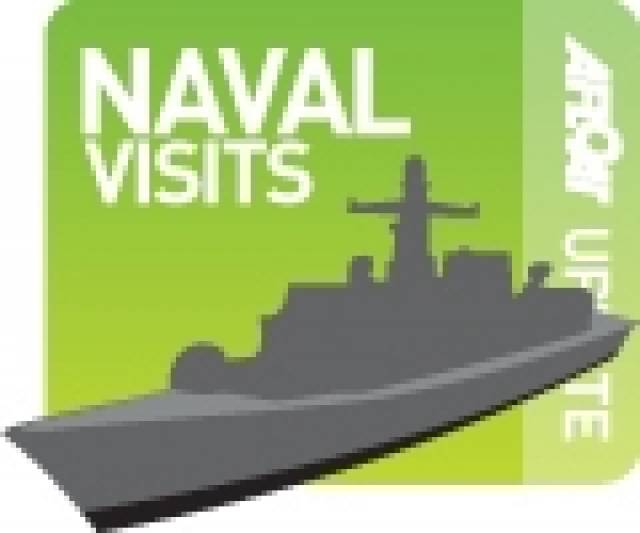#AdventureSailing- HMSTC Arctic Express and Discoverer are a pair of UK adventure expedition sail-training craft (STC) for members of the armed forces who are to visit Dublin Port over the weekend, writes Jehan Ashmore.
The vessels are operated by the Joint Services Adventurous Sail Training Centre (JSASTC) which is a sail training establishment situated in Gosport opposite the Royal Navy's premier naval base in Portsmouth.
The mission statement of the JSASTC is "to develop the personal qualities essential to members of the Armed Forces through adventurous sail training in the Service environment".
The purpose of JSASTC is to develop the character and leadership qualities essential to members of the Armed Forces through offshore sailing in the Service environment.
The objectives achieved by providing Sail Training Craft (STC), skippers, instructors, engineering and logistic support and sail training courses is to train personnel of the three armed services so that they are able to support and ultimately lead, adventurous sail training expeditions in service yachts, both in UK and abroad.
An example of an overseas adventure expedition was the deployment of the HMSTC Discover that saw the 22 metre (67ft) sail training craft make passage from Halifax Canada via Greenland crossing the Atlantic to Iceland and Greenland.
From Greenland the vessel sailed to Norway via Jan Mayan. From Tromso she sailed to Bergen via the Lofoten Islands before finally sailing to her homeport of Gosport via Denmark and The Netherlands.































































